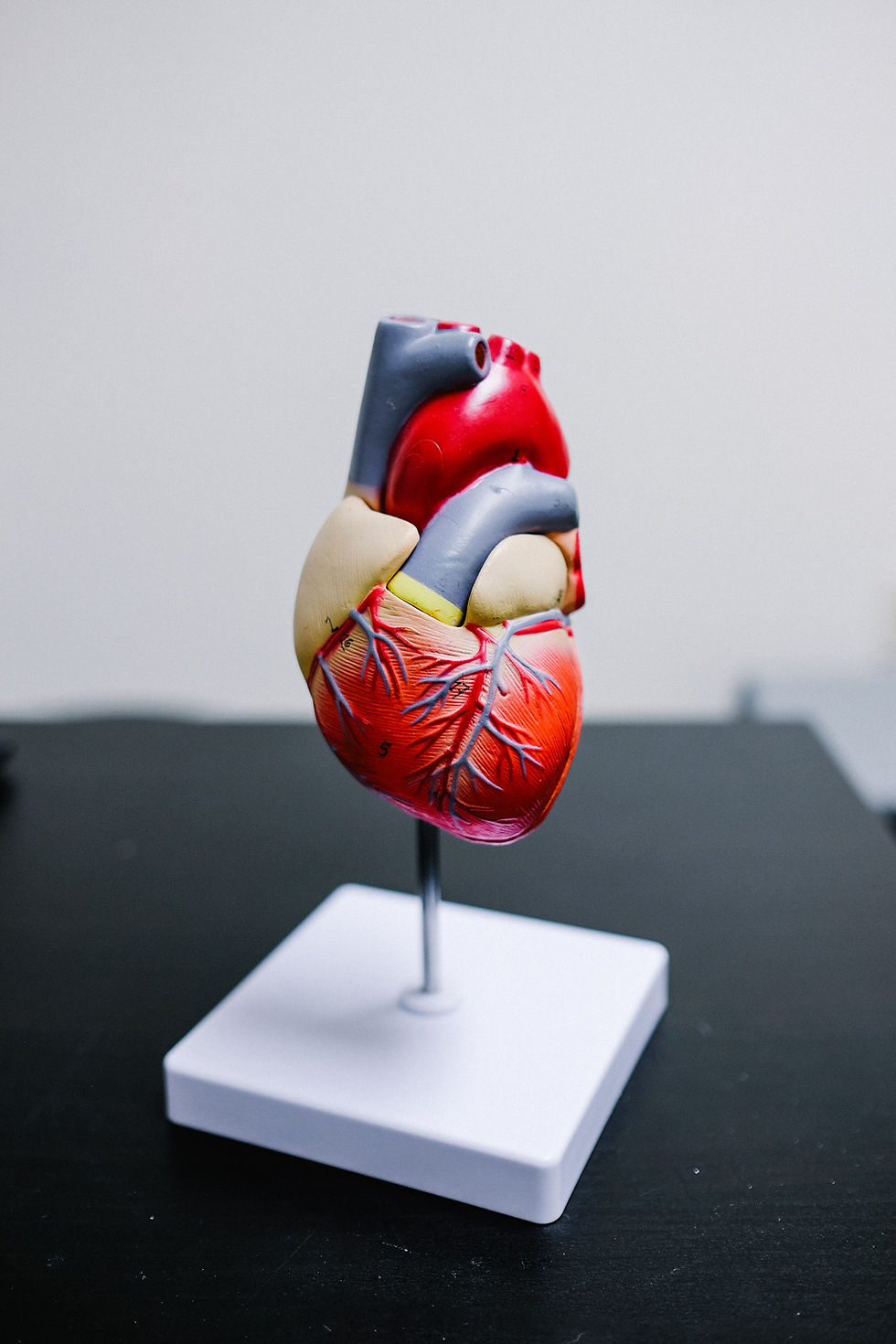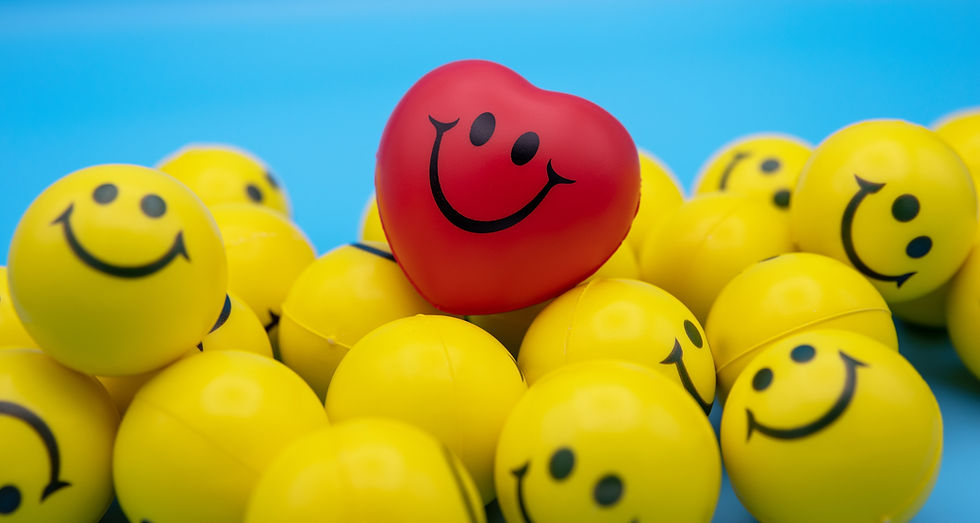A Must Read for Millennials: Checked your blood pressure lately?
- Lainey Greer

- Oct 22, 2021
- 3 min read

I recently read a surprising article about millennials and their health. I felt it was important to echo things from that article because I’m a millennial, suffered the same medical issue, and write about the body.
Millennials are quite possibly the most health-informed individuals on the planet. Simply by wearing a watch or a ring, you can track your sleep, steps, heart rate, and even respiration. In the morning, you can know how much you slept along with the type of sleep you got. At the end of the day, you can find out whether or not you achieved your daily step goal. These devices also monitor the heart, allowing us to be more ‘in tune’ with our bodies than ever before. One wonders what people did in previous generations who didn’t have access to this incredible technology? How did they possibly survive?! (Incidentally, this is not an advertisement for an Apple watch or Oura ring, as I don’t own a health tracking device.)
But the real question we must ask is, are these technological marvels producing healthier individuals? While it may seem that way, some say these devices create a problem: an impression of health that may or may not reflect our actual health.
So, what's the problem?
Here's the rub for millennials. Many of us have high blood pressure. A major health insurance company, Blue Cross Blue Shield, conducted a study and found that high blood pressure, or hypertension, is increasing at an alarming rate in millennials. Incidentally, their study also found 87% of millennials report themselves as being in good health. But if high blood pressure is sky-rocketing among them, there’s a clear disconnect somewhere.
While there are likely several reasons for this dissonance, I think it's because millennials utilize health technology that gives a perception of physical fitness. What I mean is, these technological marvels enable the delusion of health. We think we’re healthy because we follow fitness gurus and influencers on Instagram, subscribe to 5 different wellness podcasts, buy the latest, greatest, new-fangled workout equipment, adhere to the popular diet trends pushed on social media, try that kombucha recipe from TikTok, set the activity goal on our apple watch, purchase celebrity-branded workout clothes, or add that fitness channel on our Smart TV. Don’t misunderstand. I’m not saying these things are bad. What I am saying is that we must guard against deceiving ourselves into thinking that these things on their own actually produce good health.
You can be sure no health tracker monitors blood pressure. In fact, high blood pressure is known as the silent killer, because so many suffer from it without knowing. According to the CDC, normal blood pressure is less than 120 systolic (when your heart squeezes to pump blood) and less than 80 diastolic (when your heart relaxes). High blood pressure is officially diagnosed at 140/80. If your heart has to work harder to pump blood through your body, overtime, this puts you at risk for a stroke, heart attack, kidney failure, or heart disease.
This is scary news for millennials. Typically, high blood pressure isn’t an issue until later in life. But when it's a problem at 25, the chances of a heart attack, kidney failure, stroke increase exponentially. And at a much younger age.
What causes high blood pressure?
Lifestyle factors usually influence high blood pressure like poor eating habits and lack of exercise. Stress is also a major contributor, and it doesn’t take long to think about what might be stressing out millennials. Covid, relational stress, future unknowns, home environment, social media, family history, student debt, job instability, or the daily news.
I was actually one of those millennials diagnosed with high blood pressure at 25. Inactivity and bad nutrition weren’t my issues. It was family history, but mostly my job at the time. Several years later, after leaving that job and the stress it induced, I got off my blood pressure medication and haven’t needed it since.
Now, I’m not saying getting off medication is always that easy, but there are some real benefits with minor lifestyle changes. And surprise, surprise. They are the tried and true methods of physical fitness.
What can you do?
To decrease high blood pressure, the CDC recommends the following:
Strive for 150 minutes a week of physical activity
Don’t smoke
Engage in healthy eating habits
Watch your sodium levels and alcohol intake
Cut out sources of stress
Maintain a healthy weight. Some experts say that just a 5-10lb weight loss can reduce blood pressure.
Most importantly, if you’ve not gotten your blood pressure checked in awhile - especially if you’re a stressed out millennial - it’s time. You can schedule a simple check up at your primary care doctor or purchase a fairly inexpensive blood pressure monitor from a local drugstore.




Comments